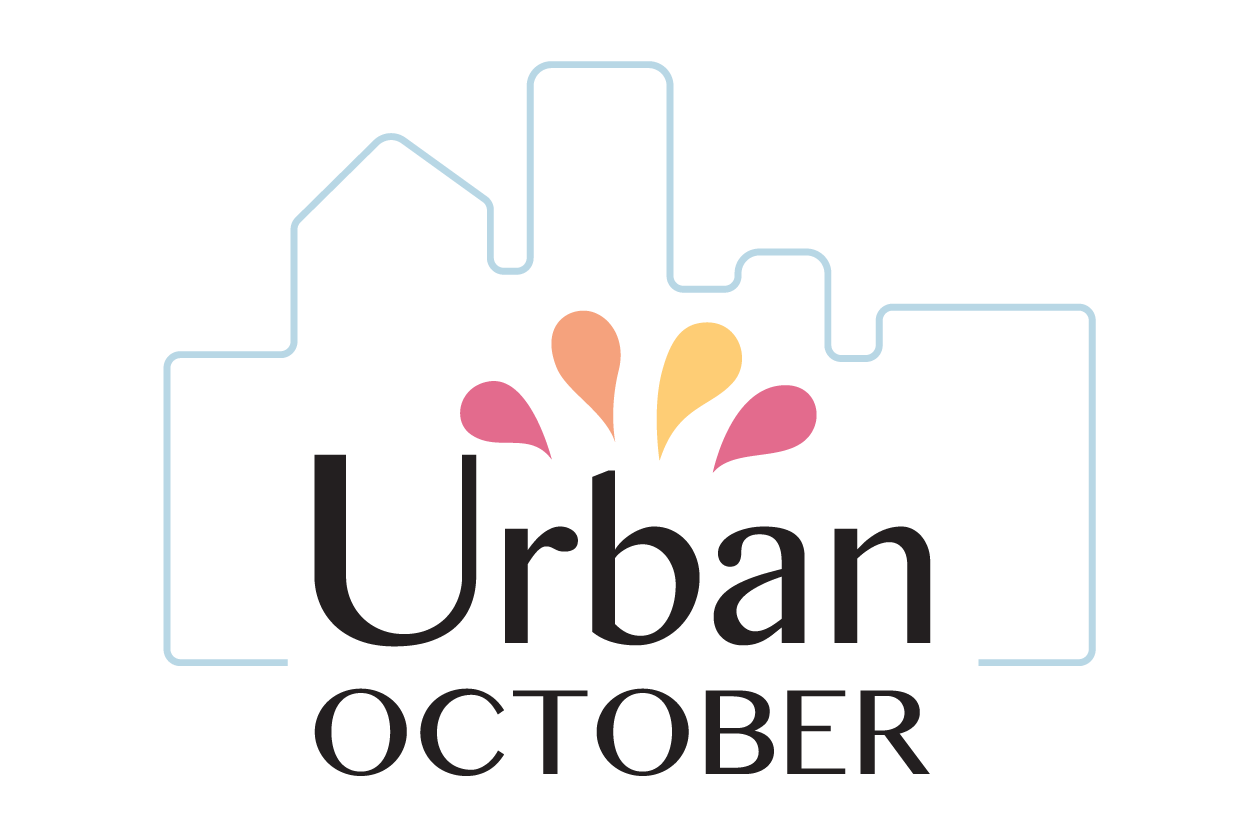Financing a sustainable urban future for all
When planned responsibly, and based on sound – but not necessarily exhaustive – cost/benefit analysis, and when supported by adequate regulations, the financing and development of infrastructure can be used as an engine for the development of institutions, policies, and capacities at all levels and across all sectors of governance.
To this end, the mandates of all levels and sectors of government should be clear and without gaps or overlaps. All relevant levels and sectors of government must be involved in making decisions on investment, instead of only those involved in collecting taxes and other revenues.
It is crucial to improve the effectiveness of managing urban development through better collaboration between different levels and sectors of government. Furthermore, the success of efforts to decentralize responsibilities to subnational levels is highly dependent on existing governance systems and traditions, even if they are supported by fiscal devolution and authority of sub-sovereign borrowing.
Urban planning is crucial to prepare for the orderly expansion of cities to guide investment, prepare subdivisions of land and install skeletal infrastructure before building. Retrofitting informally built areas is complex and much more expensive.
Responding to the surge in urban population seems to result in either the time-consuming process of building capabilities to harmonize goals and collaborate effectively, or a tendency to address the urgency by developing infrastructure without any consideration of the former. However, infrastructure development cannot be put on hold while perfect policies and institutions are put in place. These ends need not be mutually exclusive: investment in urban development does not have to be withheld until fully capable institutions are in place, nor do governments need to resort to “non-invasive” planning and building of urban infrastructure regardless of institutions and policies.
Learn more at UN-Habitat [PDF]

Urban October
We are encouraging national governments, local authorities, the private sector, and other urban practitioners to mark the day by organizing events through workshops or webinars, panel discussions and interviews.
Background
The United Nations General Assembly designated 31 October as World Cities Day, by its resolution 68/239. The Day is expected to greatly promote the international community’s interest in global urbanization, push forward cooperation among countries in meeting opportunities addressing challenges of urbanization and contributing to sustainable urban development around the world.
Urbanization provides the potential for new forms of social inclusion, including greater equality, access to services and new opportunities, and engagement and mobilization that reflects the diversity of cities, countries and the globe. Yet too often this is not the shape of urban development. Inequality and exclusion abound, often at rates greater than the national average, at the expense of sustainable development that delivers for all.
Urban October was launched by UN-Habitat in 2014 to emphasize the world’s urban challenges and engage the international community towards the New Urban Agenda.
Sustainable Development Goal 11, which formulates the ambition to make cities and human settlements inclusive, safe, resilient and sustainable – underlying the relevance of UN-Habitat’s mission. Inequalities in cities have grown since 1980. The world largest cities are also often the most unequal, and this year’s theme is embraced by the action and implementation of the New Urban Agenda, which is putting the topic of inclusive cities as one of the main pillars for the urban shift.
In October 2016, the HABITAT III Conference, held in Quito, adopted a new framework, which will set the world on a course towards sustainable urban development by rethinking how cities are planned, managed and inhabited. The New Urban Agenda will set the pace on how to deal with the challenges of urbanization in the next two decades, and is seen as an extension of the 2030 Agenda for Sustainable Development, agreed on by the 193 Member States of the UN in September 2015.

